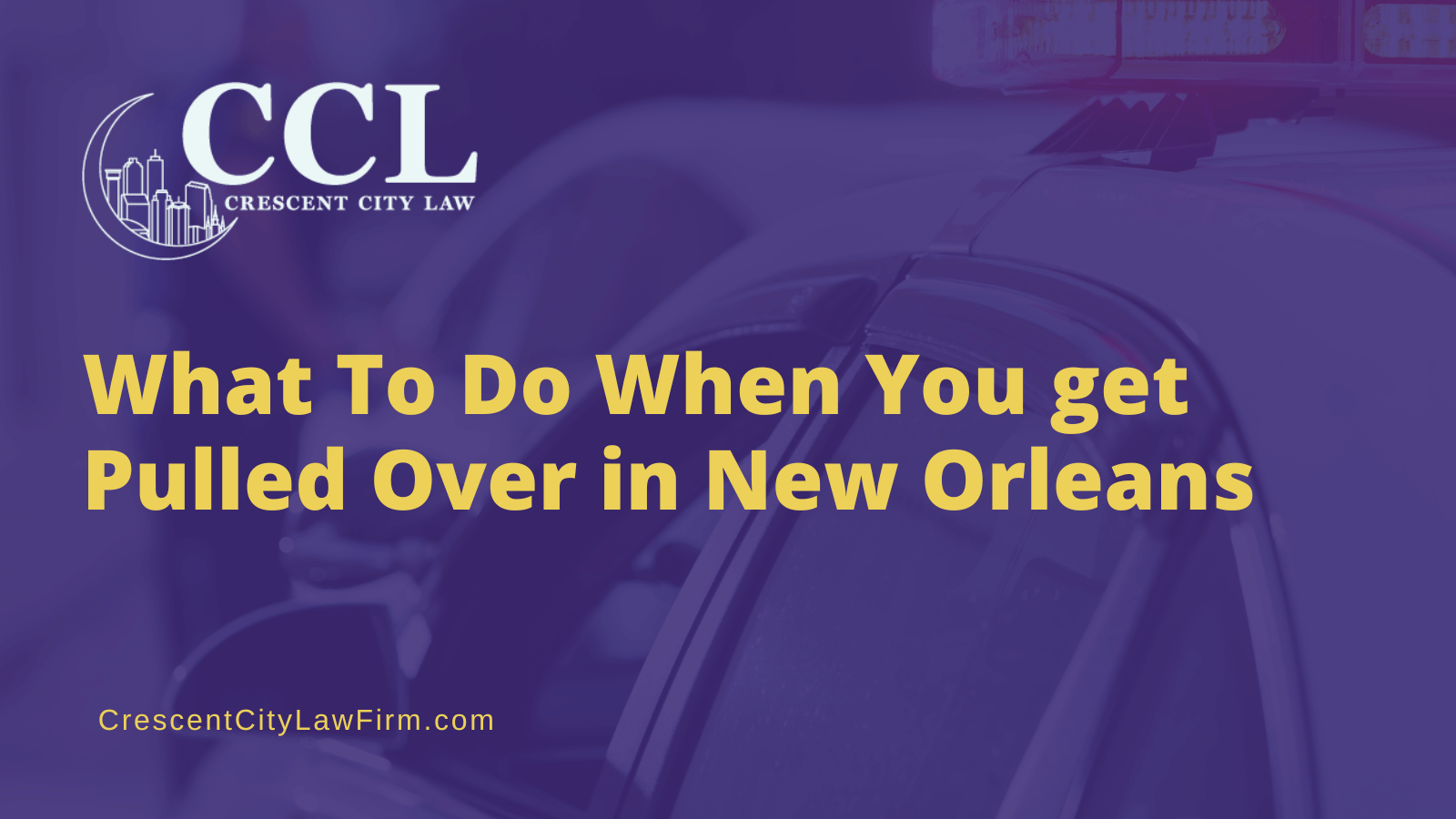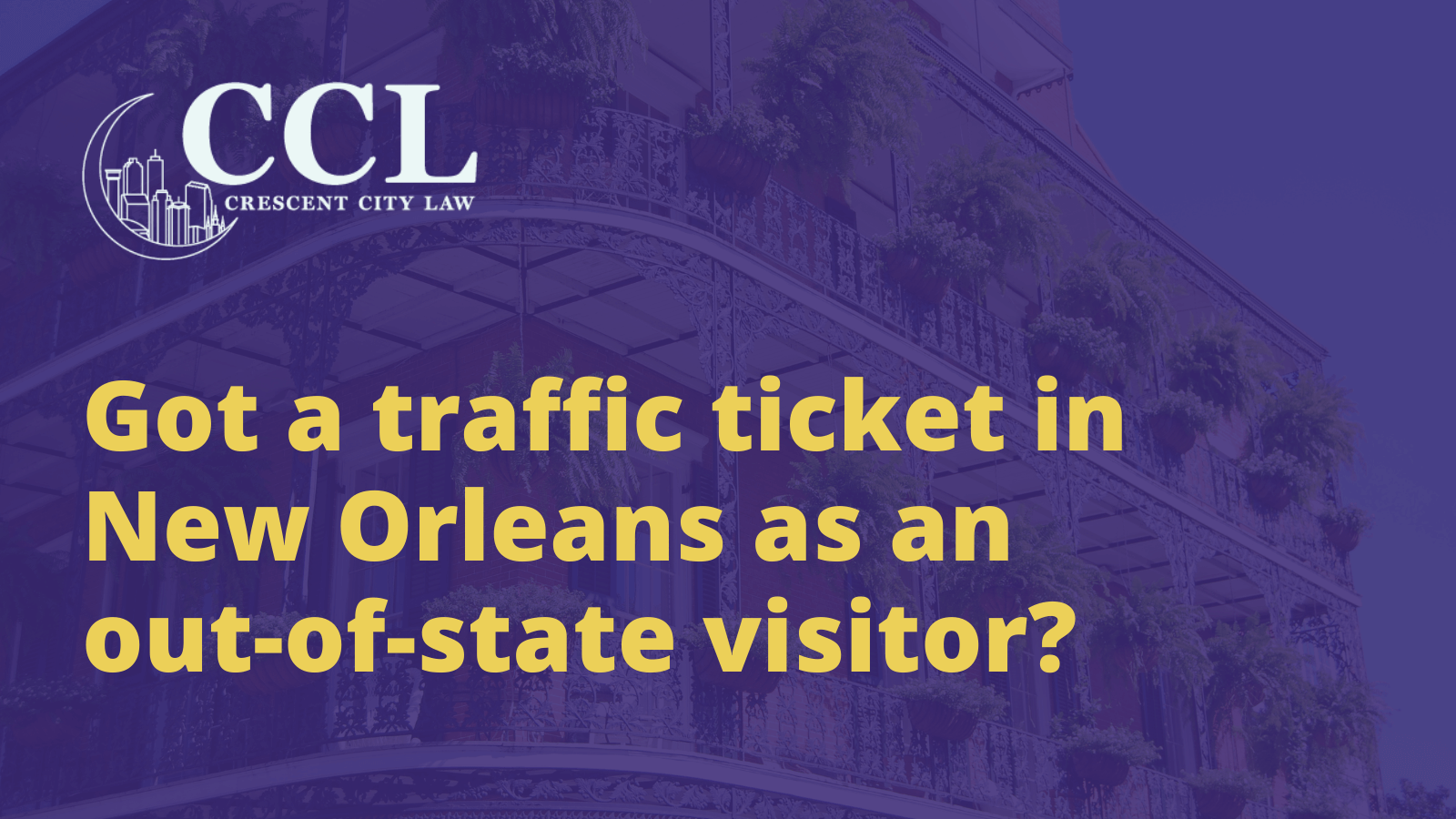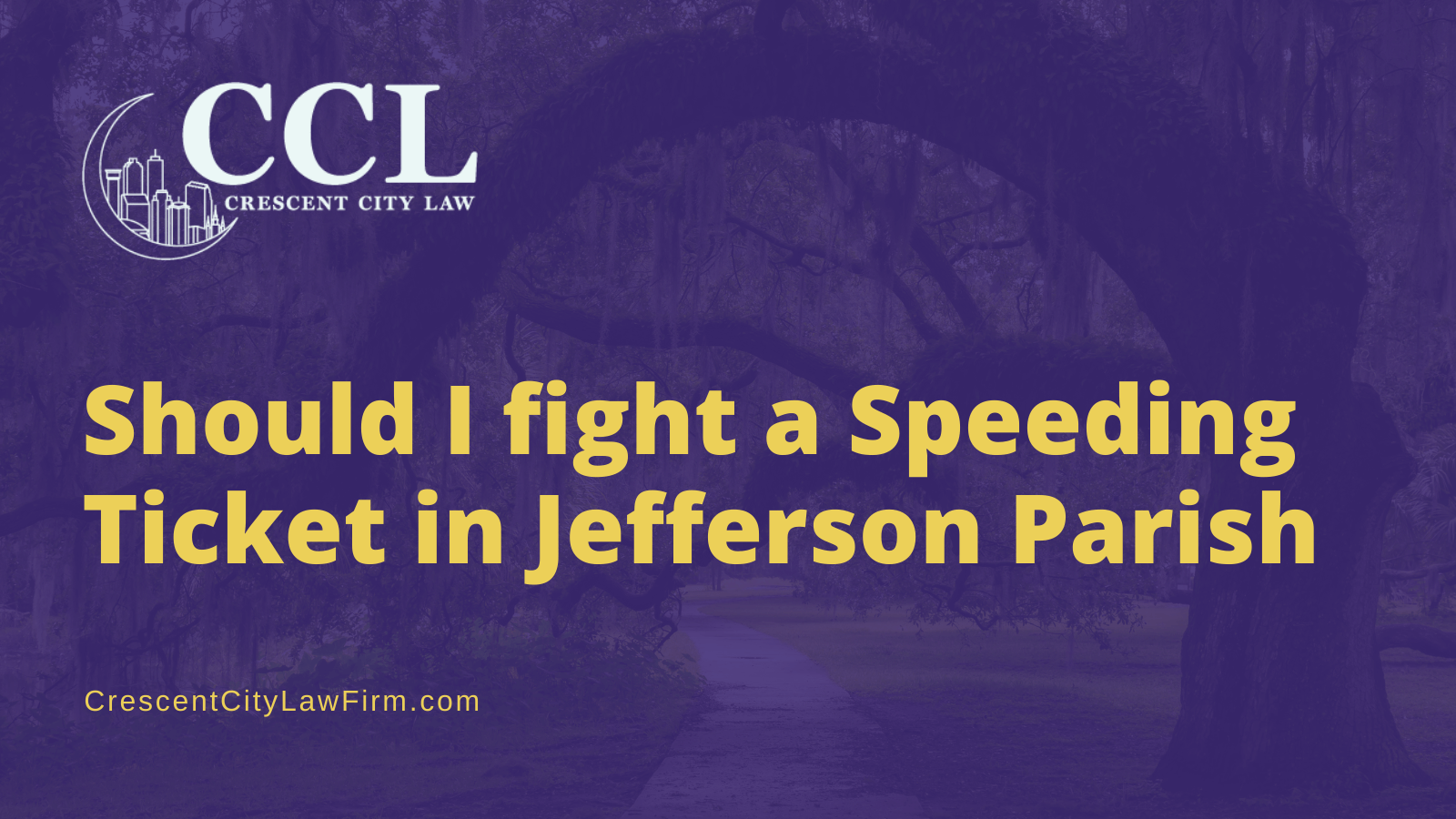Everyone dreads traffic tickets. It is not just the inconvenience of traffic tickets that people detest; it is the cost of the ticket along with the prospect of having to argue in court, worry about the consequence on their driving record, and possible auto insurance increases. In reality, most people are wrong about several important aspects of traffic tickets. Let’s take a quick look at some of the half-truths and bald-faced lies commonly spread about traffic tickets.
Misconception #1: Auto Insurance Rates do not go up After one Offense
Unlike most other states, Louisiana does not have a point system for driving licenses. Rather, there is an official driving record for each specific driver. This official driving record is provided to the auto insurance company that dictates the auto insurance rate based on prior history. The nature of the violation in question determines whether it affects the auto insurance rate. In the majority of instances, if one pleads guilty to the alleged traffic violation by paying the ticket, the transgression will reported to their official driving record. This means even the smallest driving infraction will remain on your official driving records for several years. In the end, one or several traffic violations really can cost you hundreds of thousands of dollars in auto insurance premiums!
Misconception #2: If I do not pay the Ticket, It Will Simply go Away
A surprising number of people assume if they ignore the ticket, refuse to pay it and avoid contact with the court, the matter will simply disappear. Unfortunately, unpaid traffic tickets do not disappear. If you ignore a traffic ticket, it will eventually mean additional fines for contempt of court, the suspension of your driver’s license, and possibly arrest for a traffic court warrant. If you let several tickets pile up on top of each, it will only multiply the problems.
Misconception #3: It’s just a fine, I’ll just pay the ticket in New Orleans online
When you pay the fine for a ticket, you are admitting guilt for the violations. When you admit guilty to the violations, your ticket is reported to your driving record. When your driving record is reviewed by credit agencies and insurance companies, your costs will go up. Even if you assume the best option is to pay the ticket on your own and put the matter behind you, you might end up paying more in the long run.
Never pay a ticket without consulting an attorney first. The attorneys at Crescent City Law usually justify their fees by SAVING you at least as much as their legal fees. A nominal attorneys fee of less than $300 could save you thousands of dollars!
Misconception #4: There is no Need to Hire an Attorney for a Traffic Ticket
If you do not hire an attorney there will be serious costs to you. You could miss shifts at work (less income), you might have to pay higher court costs, fines, and fees, and you might have increased insurance prices. If you’re a professional driver, you might be unable to work because of your poor driving record.
Hire an Attorney Immediately after you get a ticket in Jefferson Parish.
When you hire an attorney to fight your traffic ticket, we fight the case for you and we can usually waive your presence in court. As part of our reasonable flat fee, we negotiate dismissals and reductions of tickets. It is possible that you may only pay attorney’s fee and nothing to the court We almost always keep tickets off your driving record so you can have lower insurance rates or continue to drive for Uber, Lyft, and for the New Orleans Taxicab Bureau. Let our attorneys do the dirty work for you.
Contact an attorney to determine if paying the ticket actually makes financial sense or if it will result in higher auto insurance premiums for the foreseeable future. It might save you money to hire an attorney to fight the traffic ticket in court, have the charge reduced or thrown out, and ultimately pay less in auto insurance premiums. Call us at (504) 264-9492 to discuss your case today






